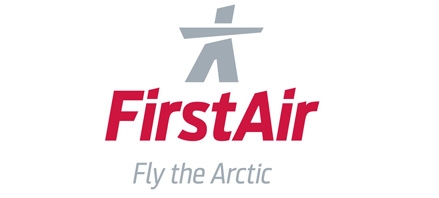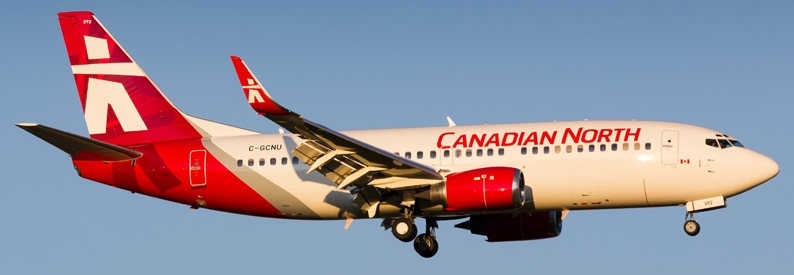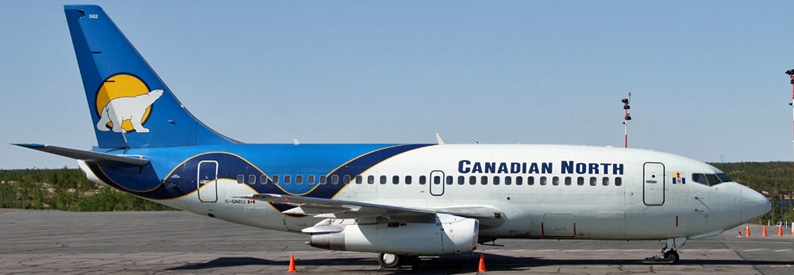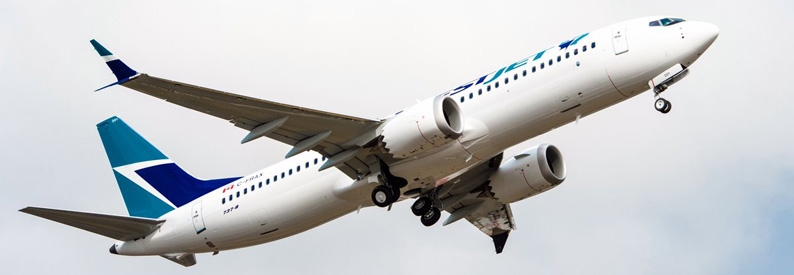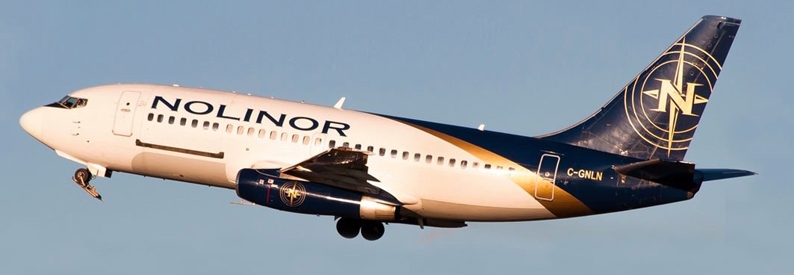First Air (Carp) and Canadian North (5T, Yellowknife) will attempt to merge once more following the signing of an agreement in principle between their respective parent firms, Makivik Corporation (Makivik) and the Inuvialuit Corporate Group (ICG), last week.
The two carriers pushed for a merger in 2014 only for the talks to collapse after five months.
In a joint statement, Makivik said the renewed tie-up bid was made possible by the new direction of Charlie Watt, Sr. As such, the merger would aim to provide the best possible essential air services across the Arctic.
"The world is changing and we need to adapt to new realities," Charlie Watt Sr., Makivik President, said. "This is one way to assert our sovereignty across the Arctic."
The two firms expect the merger to improve Arctic connectivity by providing greater service reliability, better on-time service, and fewer interruptions.
In terms of operations, First Air operates a fleet of two ARJ85s (wet-leased from Summit Air Charters (SUT, Yellowknife)), three ATR42-300s, four -300(QC)s, six ATR42-500s, one B737-400, and three B737-400(M)s on flights to 28 towns and cities across Canada's North. For its part, Canadian North operates two B737-200(M)s, eight B737-300s, two B737-300(QC)s, and two DHC-8-100s on regular flights to 18 destinations in Canada's northern regions.
The combined fleet and workforce would also improve the sustainability and efficiency of Arctic air services thus enabling the airline to more effectively meet demand across the region while addressing challenges related to pilot shortages.
Following the execution of definitive agreements and the receipt of applicable regulatory approvals, the merged airline would operate under the Canadian North name albeit using the new First Air livery, including its Inukshuk logo. The headquarters for the proposed airline would also be located in Ottawa. The parties expect to complete the merger by the end of 2018.
"By merging these airlines we look forward to new economic opportunities in Canada and internationally, and to better air services for Inuit across the circumpolar region," the carriers said.
